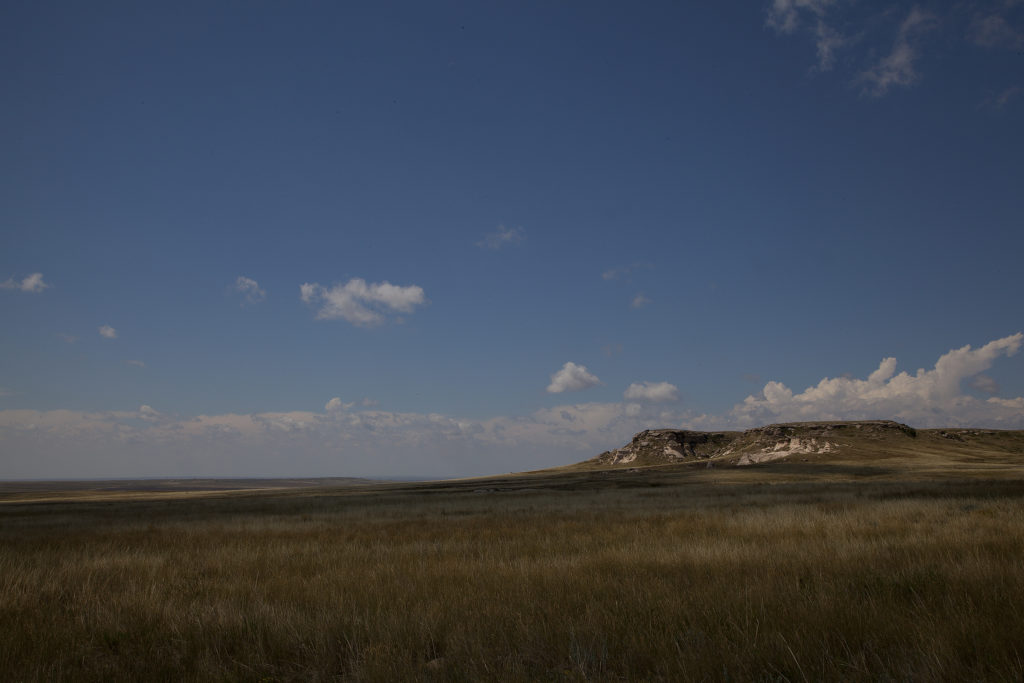 FOR MORE THAN TWENTY YEARS, MY WIFE WAS ONE OF THE LONG-SUFFERING PEOPLE WHO WENT OUT on an elementary school playground to enforce the house rules on an unruly mob of first through sixth graders. This time of year was particularly challenging. After a summer of more or less feral recreation, the young kids had to be introduced to the regulations on the playground, and the older kids had to be reminded.
FOR MORE THAN TWENTY YEARS, MY WIFE WAS ONE OF THE LONG-SUFFERING PEOPLE WHO WENT OUT on an elementary school playground to enforce the house rules on an unruly mob of first through sixth graders. This time of year was particularly challenging. After a summer of more or less feral recreation, the young kids had to be introduced to the regulations on the playground, and the older kids had to be reminded.
Inevitably, Kath would apprehend a youngster throwing a rock, jumping out of a swing, shoving another kid, or otherwise breaking the rules. When she confronted the wayward child, a variety of alibis were proffered. One of the most popular was, “Well, HE [SHE] was doing it!’ There followed a short lecture on basic ethics: The fact that he [she] is doing it does not excuse your doing it.
Of course, there’s a practical justification for this rule: That rock you threw might hit and hurt somebody, which could easily result in another rock coming back to hit and hurt you. Even if the kid next to you managed to jump out of the swing without injury, that doesn’t mean you can follow suit without breaking an ankle, arm, or other portion of your anatomy. The rules are there to protect you.
There’s also a more philosophical rationale: We should not blindly follow another person’s example, depend on that other person’s judgment. The responsibility for distinguishing right from wrong lies with each individual. This is the foundation of all human morality, even more basic than the golden rule.
And it seems to be a lesson we struggle to master.
In the litany of reasons that have been used to justify the ongoing American failure to grapple with the underlying causes of climate change, one of the most common has been that the United States is responsible for just 13 percent of world CO2 emissions. China is responsible for 24 percent; India and the European Union produce 7 percent each, and setting those nations aside, the rest of the world is spewing half of all the carbon that finds its way to the atmosphere. These statistics clearly demonstrate that, even if the U.S. stopped emitting CO2 altogether, it wouldn’t do much to curb the increase in greenhouse gases.
Or, to put it in terms a seven-year-old could understand: “Well, THEY’RE doing it!”
It’s true that we can’t stop the increase in climate-changing gases by ourselves, but that doesn’t mean that an effort in that direction wouldn’t help the situation. The United States is uniquely positioned to design and test new technology that would reduce our carbon footprint. Breakthroughs in that arena would not only help us but would give the rest of the world the tools it needs to follow suit. It would be nice to think that we would donate new technology to any nation that needed it, but even if we insisted on payment, we would be on the cutting edge of what could easily prove to be the most important market sector on the planet.
A serious American commitment to reducing greenhouse gases would also serve as an example to other nations. At best, it would be a demonstration of techniques that would eliminate greenhouse emissions with a minimum of economic upheaval, but even if the transition proved to be a greater challenge than it appears, we would at least prove that a nationwide commitment is politically possible. Think of it as leadership or as an effort to bring pressure to bear on other major emitters— either way, it would show a way toward a solution to perhaps the most dangerous problem the human species has ever faced.
Those are the practical justifications. There is also the moral justification: We should do everything in our power to reduce the concentration of greenhouse gases in the atmosphere BECAUSE IT IS THE RIGHT THING TO DO. At this point, it would probably not eliminate the suffering that rising world temperatures will inflict on us, but it would reduce that suffering for ourselves, our children, and grandchildren, for residents of the wealthiest nations and for the majority of humanity that does not enjoy our standard of living. I believe there is power in a commitment of that kind, but even if it persuaded no one else, it would go far toward relieving us of the responsibility for the situation we have created.
It’s easy to profess a high moral standard when it doesn’t cost anything. The test of a moral people is how they respond to a challenge when that response is uncomfortable, even painful. America is unique among nations in its aspiration to a higher moral ground. We’ve risen to the challenge of hard times before— hard times face us again. Will we rise? Or will we point to the failure of others and use it to justify our own? Either way, our choice will be remembered.
Leave a Reply
You must be logged in to post a comment.